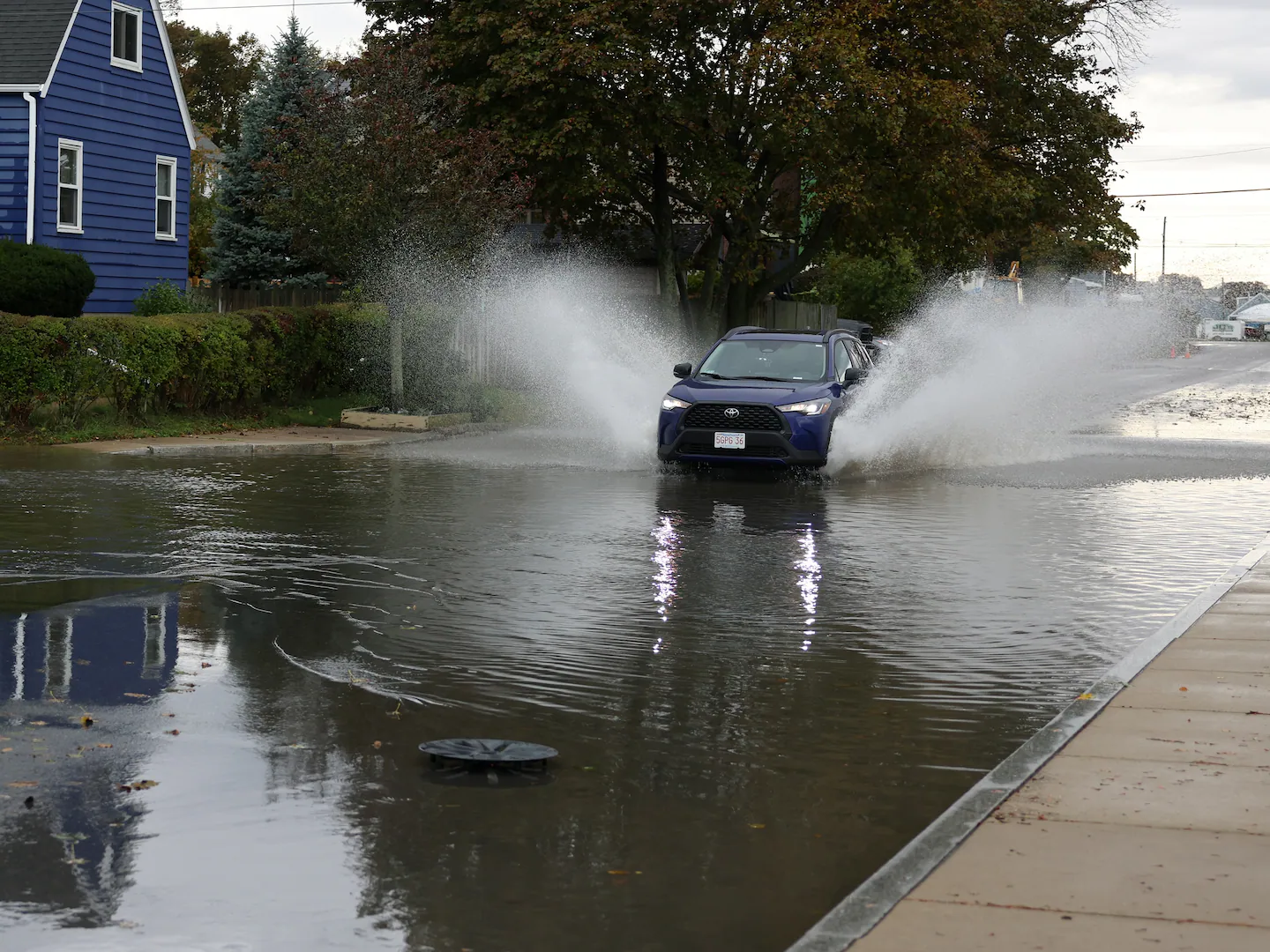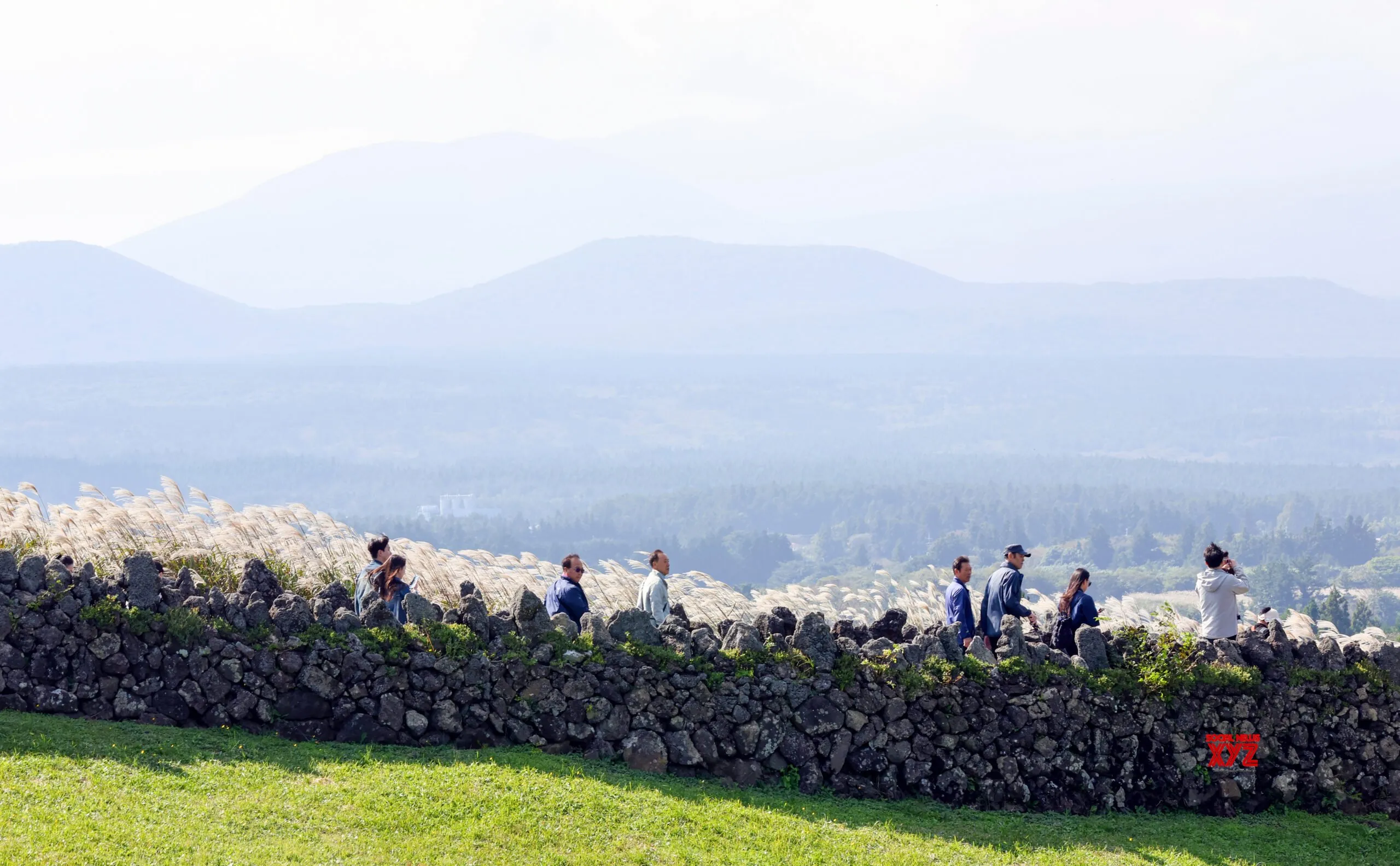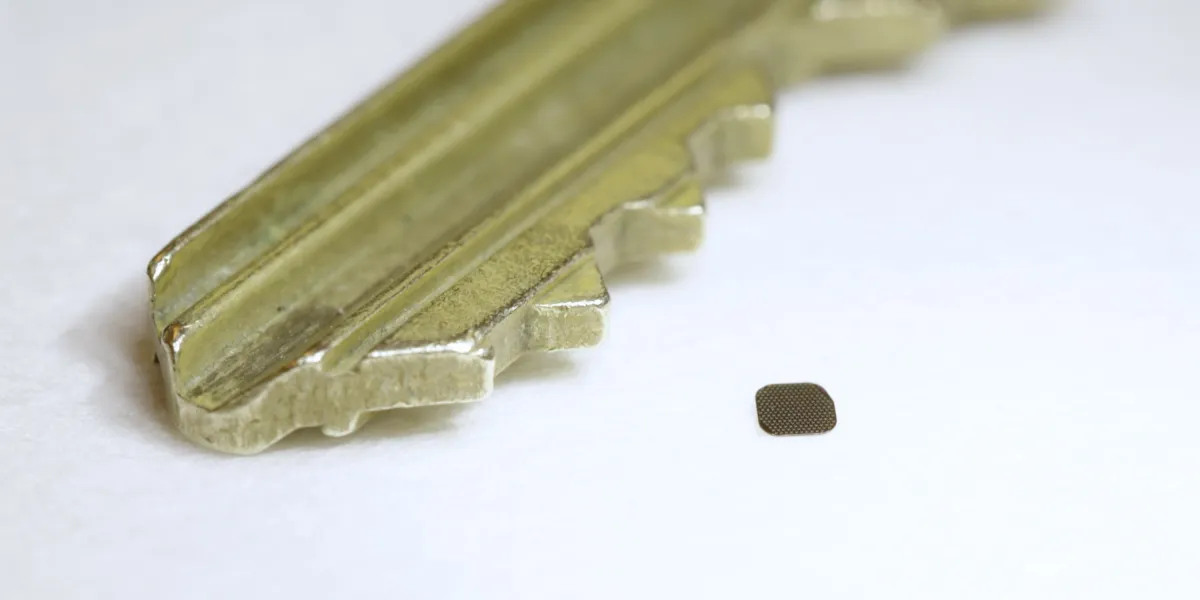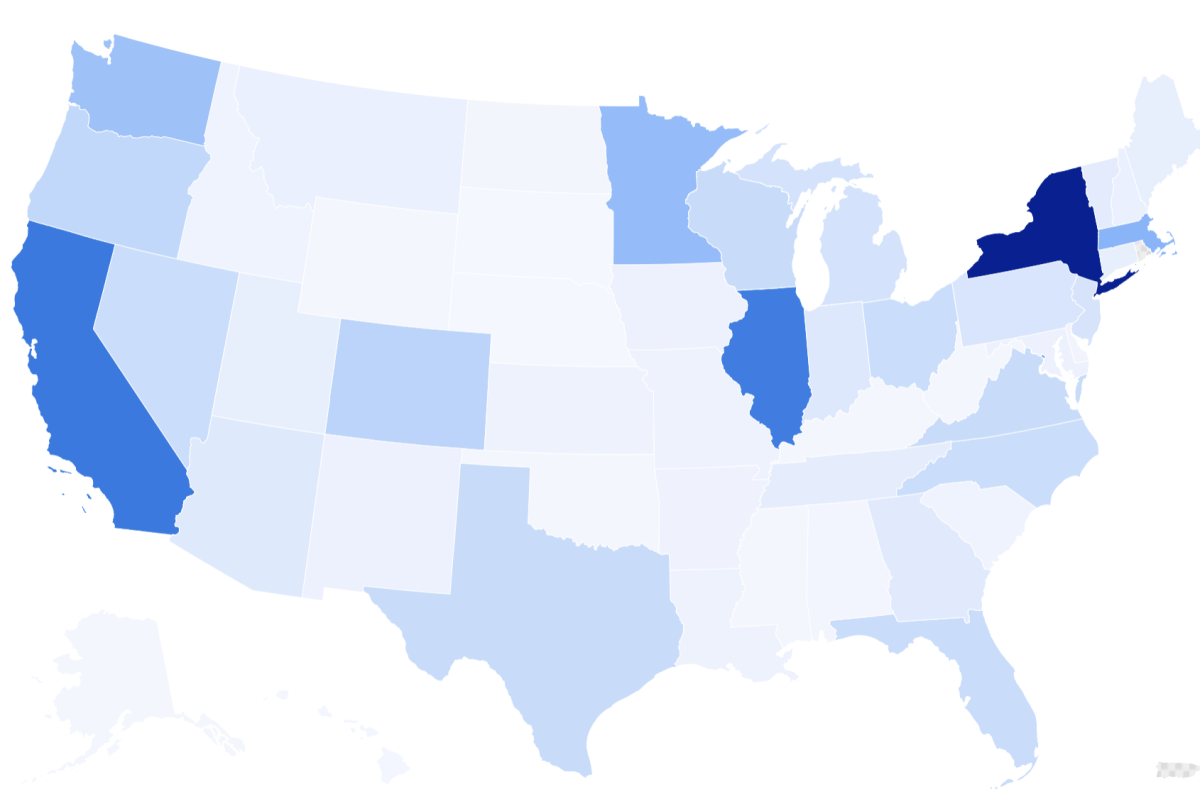Copyright The Boston Globe

As you read this, a Category 5 hurricane is bringing destructive flooding to Jamaica. But as this newsletter has explained before, flooding is a danger even in places not prone to hurricanes, like New England. My Globe colleagues have just published a series of articles and a podcast about how rising seas and heavier rainfall are affecting Boston and other Massachusetts communities — and what those communities are doing about it. I spoke with climate reporter Sabrina Shankman about her reporting for the project, how rising seas threaten even inland cities, and why it’s so hard to prepare for a crisis we know is coming. Ian: Stories about climate change can feel abstract or far away. Can you paint a picture of what life in a specific coastal community will look like in 25 years, hardly the distant future? Sabrina: Revere, one of the places I reported from, is a great example of how climate change is happening here and now. I spent some time with a guy named Joe LaVigueur, who’s lived there his whole life. His home already floods regularly when the ocean comes up during storms. And in the timeframe you’re talking about, flooded roads will make his home inaccessible during high tides, which happen twice a day. Revere already has an old pump system and seawall. Is the solution for a community like that as simple as updating them? There’s no one fix. In Chicopee, where I also reported from, the problem isn’t just the pump station or the levees, it’s the sewer systems. Elsewhere, you can build a sea wall in one place and cause problems in the community next door, so you have to think about the entire region. But all that dynamic planning takes time, and the threat is now. Coastal communities are one thing, but I was surprised to learn that sea level rise also threatens inland communities, which in some cases need levees to protect against overflowing tidal rivers. When you think about levees, you think about New Orleans, not Massachusetts, even though there are levees across the state. With more extreme rainfall from climate change, this aging infrastructure is now at risk, and so are the people who live near them, many of whom are people of color, or have low incomes, or low educational attainment. The impacts of climate change are felt first and worst by the most vulnerable, but it’s going to affect everybody. Most of these impacts aren’t a surprise. Why do you think it’s so hard to address a problem we know is inevitable? Climate change can feel so big that it’s easy to treat it like a tomorrow problem. The Seaport is a great example. Boston chose to build it up even though it knew rising seas would eventually become an issue. Stories about climate change often feel doom and gloom. But this series shows that people and communities are acting even as the Trump administration freezes funding for climate-related projects. Even with the federal rollbacks, there’s a lot happening in Massachusetts. There’s a recognition that it’s not a moment to stop. It’s a moment to do the planning so that once those dollars reappear, the projects are ready to go. The big picture is that for hundreds of years we’ve been bending water to our will. We’ve built artificial land for cities. We’ve put mills on rivers. We’ve built highways over waterways. We’ve turned wetlands into communities. Now, with every increment of warming, there’s more moisture in the atmosphere, sea levels are rising, rainstorms are heavier. The water is pushing back. So do you continue to try to bend the water to your will? Or do you try to find solutions that work with natural systems, like protecting marshlands that act as natural sponges or building earthen berms instead of sea walls? Massachusetts is doing some of that. There’s a world of solutions out there. Read more: Do you live in a flood zone? This map can tell you. Hurricane Melissa is forecast to slice across Jamaica today as the island’s strongest storm in recorded history. Officials ordered flood-prone communities to evacuate, and landslides, downed trees, and power outages have already been reported. 🧩 1 Across: Since, informally | 🌤️ 54° A morning chill Wool’s worth: To keep their businesses afloat, a growing number of sheep farmers in New England are turning their flocks’ wool into yarn to sell as a high-quality, plastic-free alternative to industrial fibers. Medical pioneer: An end-stage kidney disease patient who lived with a genetically modified pig kidney inside him for a record 271 days had the organ removed at Mass General Brigham after its functioning declined. He’ll go back on dialysis while awaiting a human donor, but the hospital said his experience offers hope for fixing “the organ shortage crisis.” Karen Read fallout: Michael Proctor, the former State Trooper fired for sending misogynistic texts about Read as he investigated her, had images of “intimate body parts” on his phone, according to legal filings. Defense attorneys are seeking access to Proctor’s devices to look for evidence of bias in other cases. Succession: The North Shore race to replace Representative Seth Moulton could elect the first Asian American to represent Massachusetts in Congress. Agent of SHIELD: Governor Healey signed an executive order aimed at creating a working group to boost Massachusetts companies in the defense sector, dubbed the “Strategic Hub for Innovation, Exchange and Leadership in Defense.” Campus speech: Boston College officials said they didn’t approve an address by a conservative activist with links to Vice President JD Vance who criticized “so-called gay marriages” and told students they must be “willing to be killed” for their right-wing beliefs. ICE in RI: Immigration agents detained a man in Providence who fled slavery in Mauritania and seeks asylum in the US, saying “they will kill me” if he’s deported. Records show he’s been charged with receiving stolen goods. Third act: President Trump said he “would love to” serve another term, which the Constitution forbids. (ABC) Trump vs. the Gipper: In response to a Canadian ad, the president says Ronald Reagan “loved” tariffs. The truth is more complicated — and a sign of how Trump has transformed the GOP, the Globe’s Larry Edelman writes. Protecting the world: Private donors have contributed more than $125 million to replace US foreign aid Trump froze, a small fraction of the $64 billion the US gave in 2023. (AP) By David Beard Best TV sitcom ever: Is it “Seinfeld”? “Abbott Elementary”? Our writer does a Top Ten countdown (and sorry Emmys, “The Bear” doesn’t cut it here as a comedy). 🥪 That’s just baloney! Have you ordered a sandwich out lately — and peeked inside? There may be less; deli meats are seeing a record price bump. (Bloomberg 🎁) ✈️ Ask the expert: On a flight, is it rude to wake up the passenger in the aisle seat? 🆘 Helping out: A 13-year-old invented a new technology to help his grandma. It actually works. (USA Today) ☕ ICYMI: This Grammy-winning 33-year-old Maine songwriter is happy writing hits for Sabrina Carpenter, Olivia Rodrigo and Selena Gomez — but she’d really like to work with Stevie Nicks. 🚸The meaning of Ms. Rachel: “My love and care for children doesn’t stop at my own children. It doesn’t stop at the children in our country. It embraces every child of the world. And I don’t think that our love should end at religion or skin color or where people are born.” (Glamour) We asked, you answered: Are you still raking leaves or letting them remain in the yard? Reader Bruce J. Jones of Barnstable writes: “I have a half acre on Cape Cod and have spent decades raking leaves into the woods at the back of my property. About five years ago, in deference to turning 75, I bought a self-propelled Honda walk-behind and began mowing/mulching my yard/leaves. My now 80-year-old body, as well as my yard, are both happy.” Says Charlie Acker: “I’ve been ‘leafing’ them alone on the ground for many years and my lawn looks great. In the spring there’s not mulch left. I have a BS in Plant & Soil Science from UMass Amherst and know a little about this subject. As soon as you rake a pile you must pick it up or it will still be there in the spring and suppress the grass. ‘Leafing’ them spread out they decompose before first mowing.” From Anabel Graetz: “For a healthy yard, leave the leaves. They protect the good critters and tend to kill off those horrid grubs. … Plant clover and milkweed; they enrich the soil and feed butterflies and other nice critters.” Thanks for reading Starting Point. This newsletter was edited by David Beard. ❓ Have a question for the team? Email us at startingpoint@globe.com. ✍🏼 If someone sent you this newsletter, you can sign up for your own copy. 📬 Delivered Monday through Friday.



